Commission Ressources Humaines - Le phénomène des repats : Le retour des cerveaux en Afrique
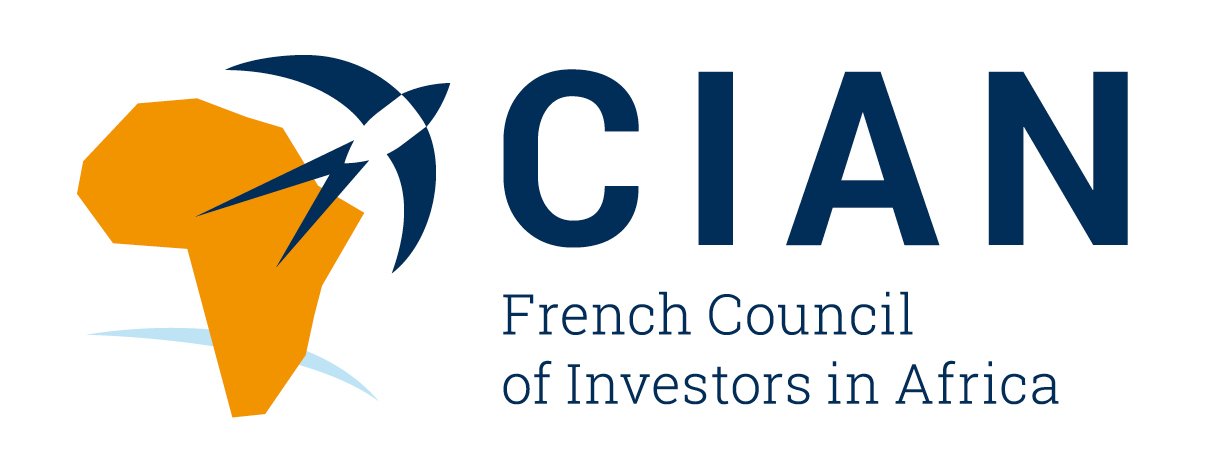
Le 13 février 2025 de 9h30 à 11h00
En ce début d’année, la commission RH du CIAN s’intéresse au phénomène dit des « repats ». Ce terme est une abréviation du mot « repatriés » et surtout déclinaison du terme « expats ». Il désigne le flux croissant de cadres d’origine africaine ayant grandi, étudié ou démarré leur carrière professionnelle en dehors d’Afrique et qui décident de s’installer ou de se réinstaller sur le continent.
Mining Series 2025
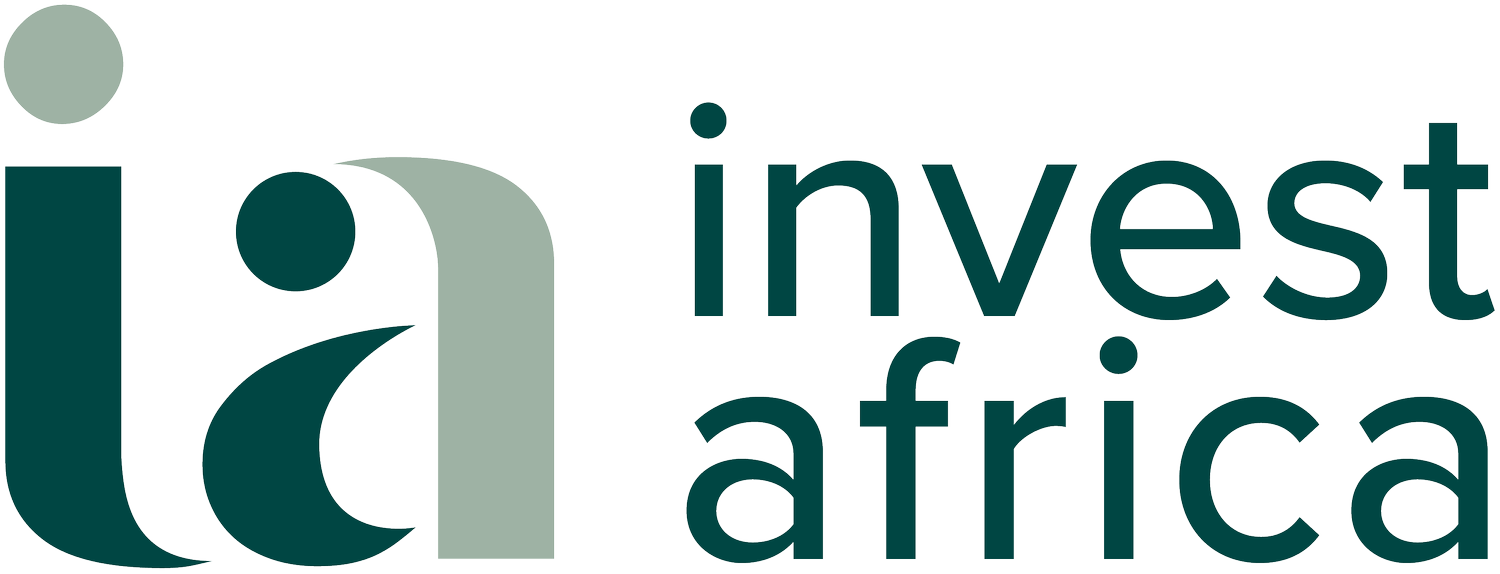
Monday 3 February 2025 18:00 to Wednesday 5 February 2025 20:30
Cape Town, South Africa
The 12th Annual Mining Series, hosted by Invest Africa is taking place from 3-5 February 2025, in Cape Town, South Africa, spotlighting Africa's growing role in powering the global energy transition.
The Norwegian-African Business Outlook 2025
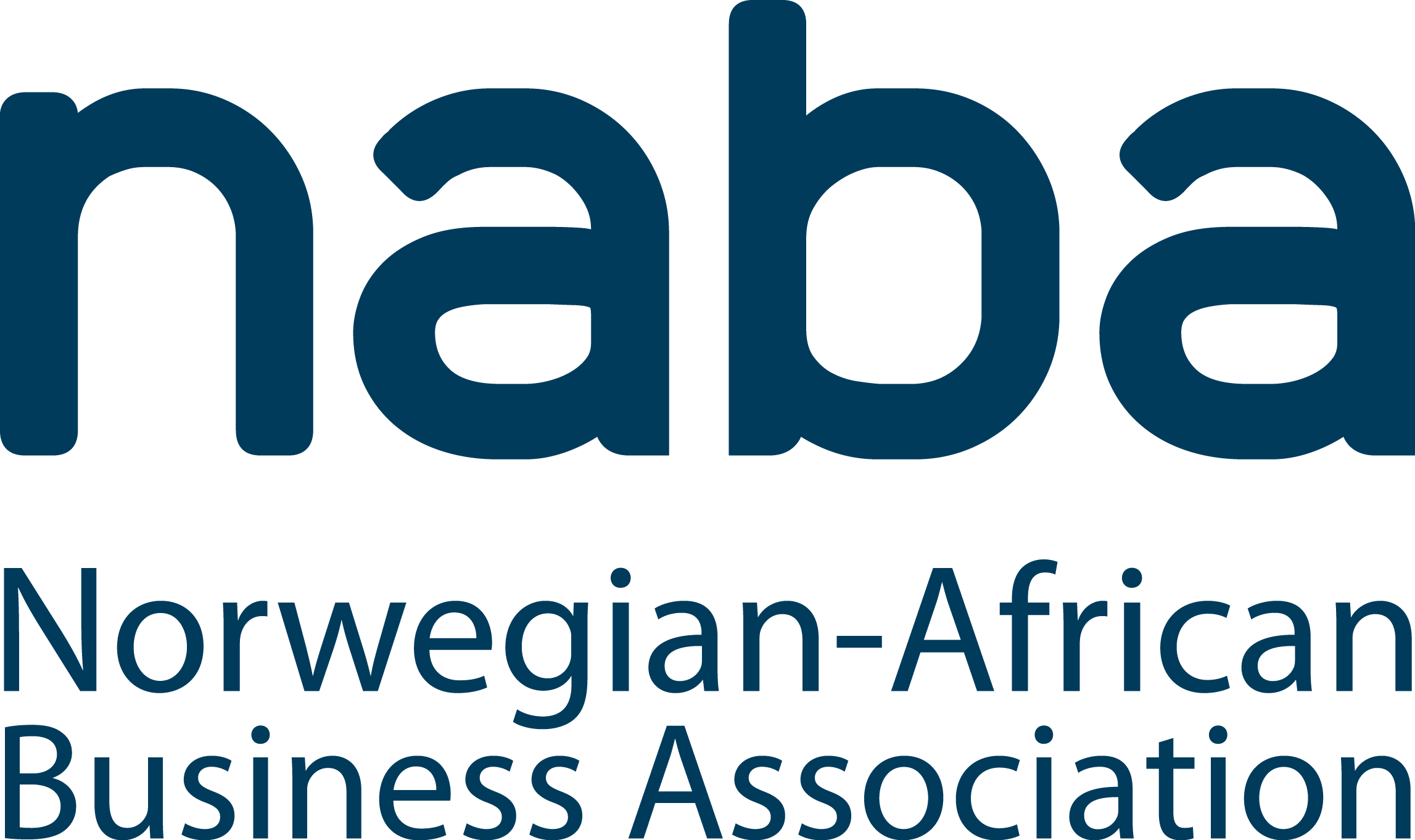
Thursday 6 March 2025
8:30 - 11:30
Oslo, Norway
Welcome to the Norwegian-African Business Outlook 2025.
On the 6th of March 2025 NABA will again host its annual Norwegian-African Business Outlook
Briefing with Norway's Ambassador to Nigeria

Thursday 13 February 2025
10:00 - 11:00 CET
Online
Member meeting, Webinar
Welcome to a briefing with Norway’s Ambassador to Nigeria, H.E. Svein Bæra and his team, for a briefing on key trends shaping the business and policy landscape in 2025, and their implications for doing business in Africa’s biggest economy.
Commission Multi-Thématique - Commerce électronique et e-santé en Afrique : Comment répondre aux enjeux de protection des données et de cybersécurité ?

Le 23 janvier 2025 de 9h00 à 12h00
Chers adhérents,
Réservez dès à présent votre agenda du 23 janvier pour une Commission exceptionnelle, organisée conjointement par nos experts juridique, digital et santé en collaboration avec le cabinet Bird & Bird qui nous accueillera au 2 rue de la Chaussée d'Antin, Paris 75009.
CBL-ACP Diplomatic Dinner 2025

February 4, 2025
Brussels, Belgium
19 h 00 min – 22 h 00 min
The Diplomatic Dinner 2025, to be held on 6 February 2025, is an exclusive event organized by the CBL-ACP Chamber of Commerce. This unique gathering provides a rare opportunity to meet and engage with Belgian Ambassadors and their counterparts from key countries.
East Africa Macroeconomic Outlook 2025

23rd January, 2025
London
The Eastern Africa Association is delighted to invite you to their annual winter forum, East Africa Macroeconomic Outlook 2025, an engaging platform to explore key trends and developments shaping the region in the year ahead.
Commission Économie & Finance : Le marché des crédits carbone en Afrique

9 Janvier 2025
Paris
Face aux enjeux du changement climatique et au financement des besoins en développement du continent africain, la question de la mobilisation de financements innovants et en particulier de la vente des crédits carbone est de plus en plus primordiale. L’actualité des dernières semaines, marquée par l’accord sur le marché des crédits carbone conclu à la COP29 a remis cette thématique sur le devant de la scène.
Ce panel sera l’occasion de faire un état des lieux du marché mondial des crédits carbone et des derniers développements de ces marchés en Afrique. En particulier, nous reviendrons sur les différents acteurs en place sur ces marchés, ainsi que sur les dernières initiatives innovantes mises en place par plusieurs pays africains. Ces différentes thématiques seront également appréhendées à l’aune des opportunités que représente le marché des crédits carbone.
Business Mission to Angola
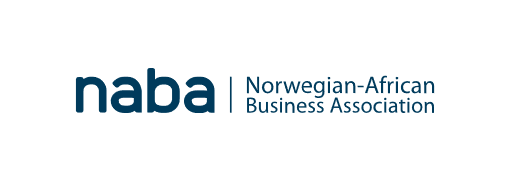
24 to 27 March, 2025
Luanda, Angola
NABA and Norwegian Energy Partners (Norwep) are hosting a business mission to Angola 24th to 27th of March.
The business mission is tailored to address specific business interests, providing delegates with exclusive access to local markets and introductions to key public and private sector stakeholders.
MULTISECTORAL TRADE AND INVESTMENT MISSION TO TANZANIA
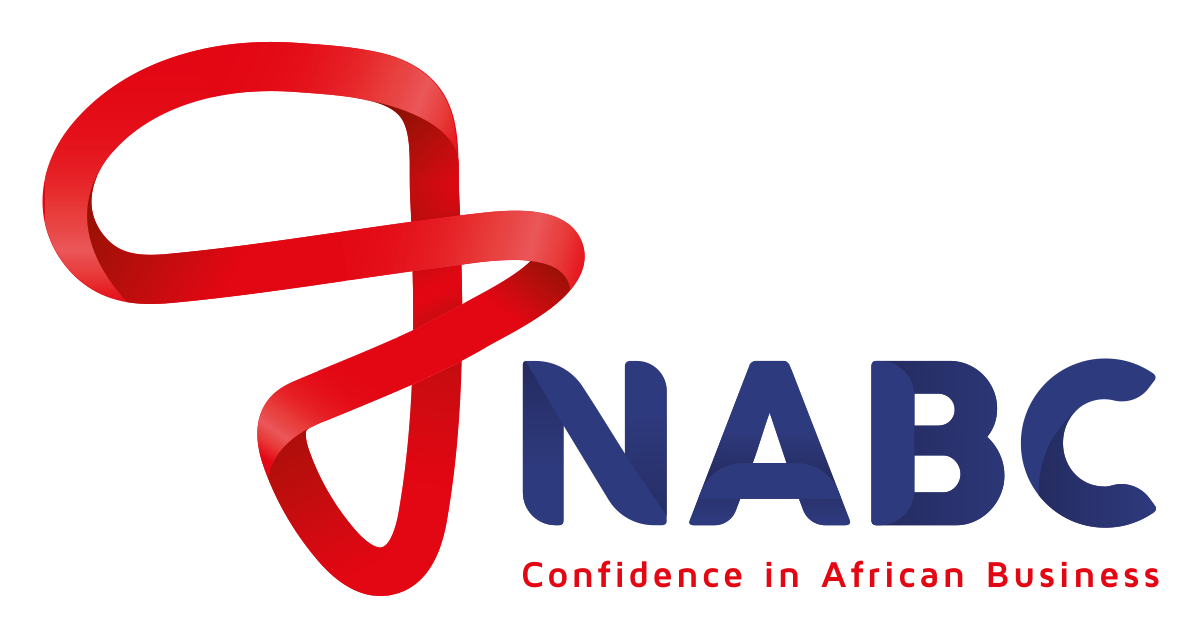
March 10, 2025
Tanzania
Join the Multisectoral Trade and Investment Mission to Tanzania!
Tanzania is a dynamic and growing market with abundant resources and a strategic location in East Africa. Its commitment to sustainable development offers numerous opportunities for Dutch companies.




